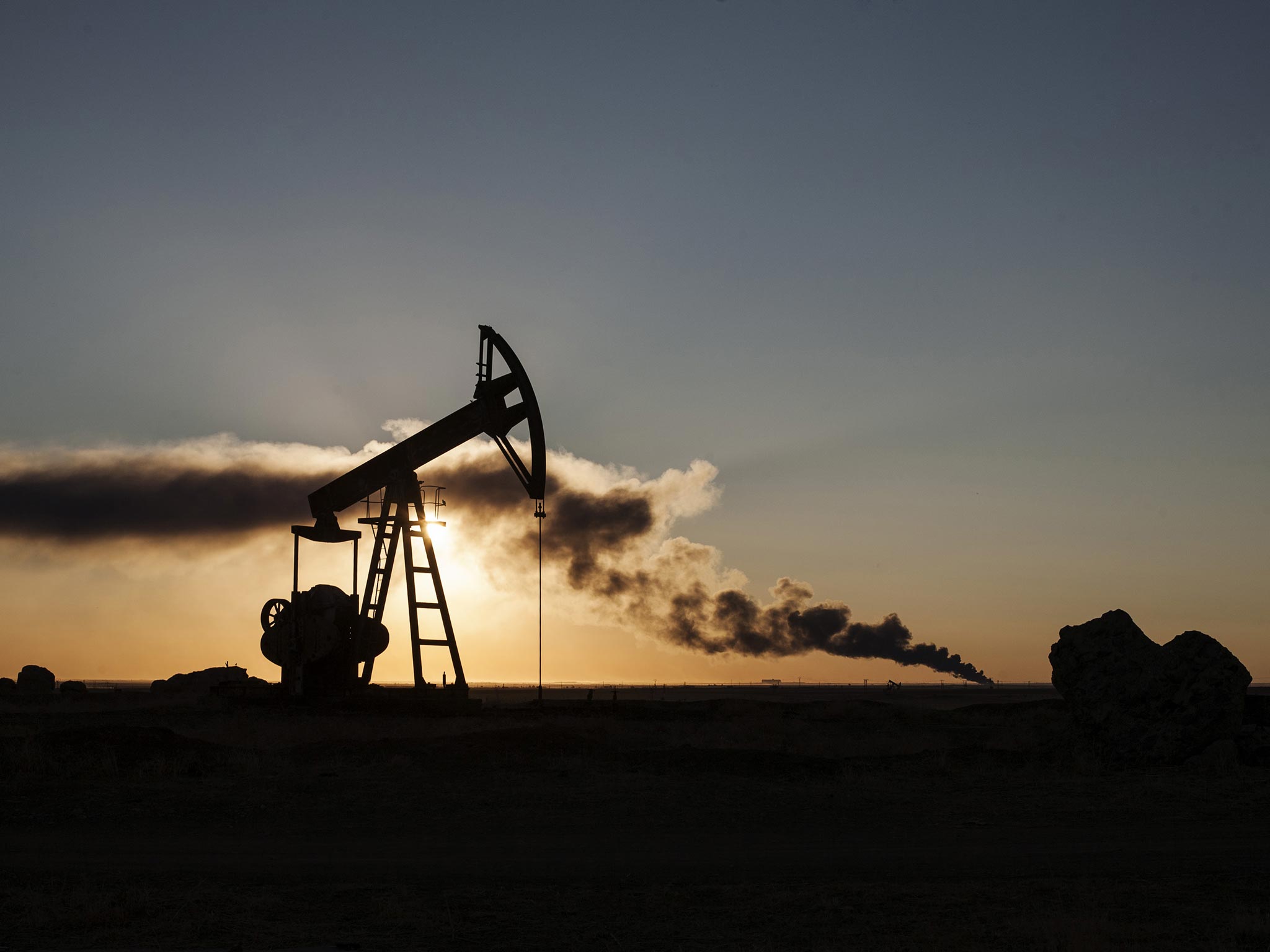War on Isis: US 'planning to bomb oil pipelines' to halt jihadists' funding
Islamic State believed to be making $2m a day in illicit oil sales

The US is considering bombing pipelines in Syria in an attempt to cut off the huge profits being made by Isis from captured oilfields, a senior Obama administration official disclosed today.
The $2m-a-day (£1.24m) that the extremist group is believed to be making from the sale of fuel is one of the US' "principal concerns" and "air strikes are a viable option”, said Julieta Valls Noyes, the deputy assistant secretary for European and Eurasian Affairs during a visit to London.
Isis has been described as the wealthiest terrorist group in history by Western officials, with its deep coffers a key factor in a military campaign which has enabled it to carve out its "caliphate" across Syria and Iraq. The group is reported to have gained an windfall of more than $430m (£268m) from the central bank in Mosul after overrunning the city in June, although the amount involved had been disputed. But there has been steady and lucrative income from oil sales as the group has grown in power and influence.
Isis has sold some of the fuel from seized facilities back to the Damascus regime through local deals, while shipments had been sent into Turkey for the black market, with the Erdogan government accused of turning a blind eye to the illicit transactions.
The American-led coalition has already carried out a limited number of air strikes on small-scale refineries, with the primary aim of disrupting the movement of Isis convoys. This became particularly important after the Islamists managed to gear up American armoured cars abandoned by fleeing Iraqi forces.
But Washington, stressed Ms Noyes, is now determined to tackle the funding of "this barbaric organization".
She said: "We need to degrade its abilities and, at the end, destroy it.”
Measures include following the money trail and seeking to impose sanctions on companies and state organizations which are knowingly buying oil from the extremists. Meanwhile, she said, the military may carry out “kinetic strikes against some the pipelines", and "actual physical action to stop the flow”.
Three months ago Isis seized al-Omar oilfield, the largest in Syria, with capacity to produce 75,000 barrels a day, from a rival rebel group. And despite the air-strikes, they have made substantial further gains in Deir Ezzour, an oil-rich province.
With Turkey the main conduit for smuggled oil, Ankara has come under increasing pressure from Washington to clamp down. But with pieces as low as $30 (£19) a barrel, compared to the official rate of $85 (£53), officials say it is virtually impossible to stop the trade entirely.
Join our commenting forum
Join thought-provoking conversations, follow other Independent readers and see their replies
Comments
Bookmark popover
Removed from bookmarks